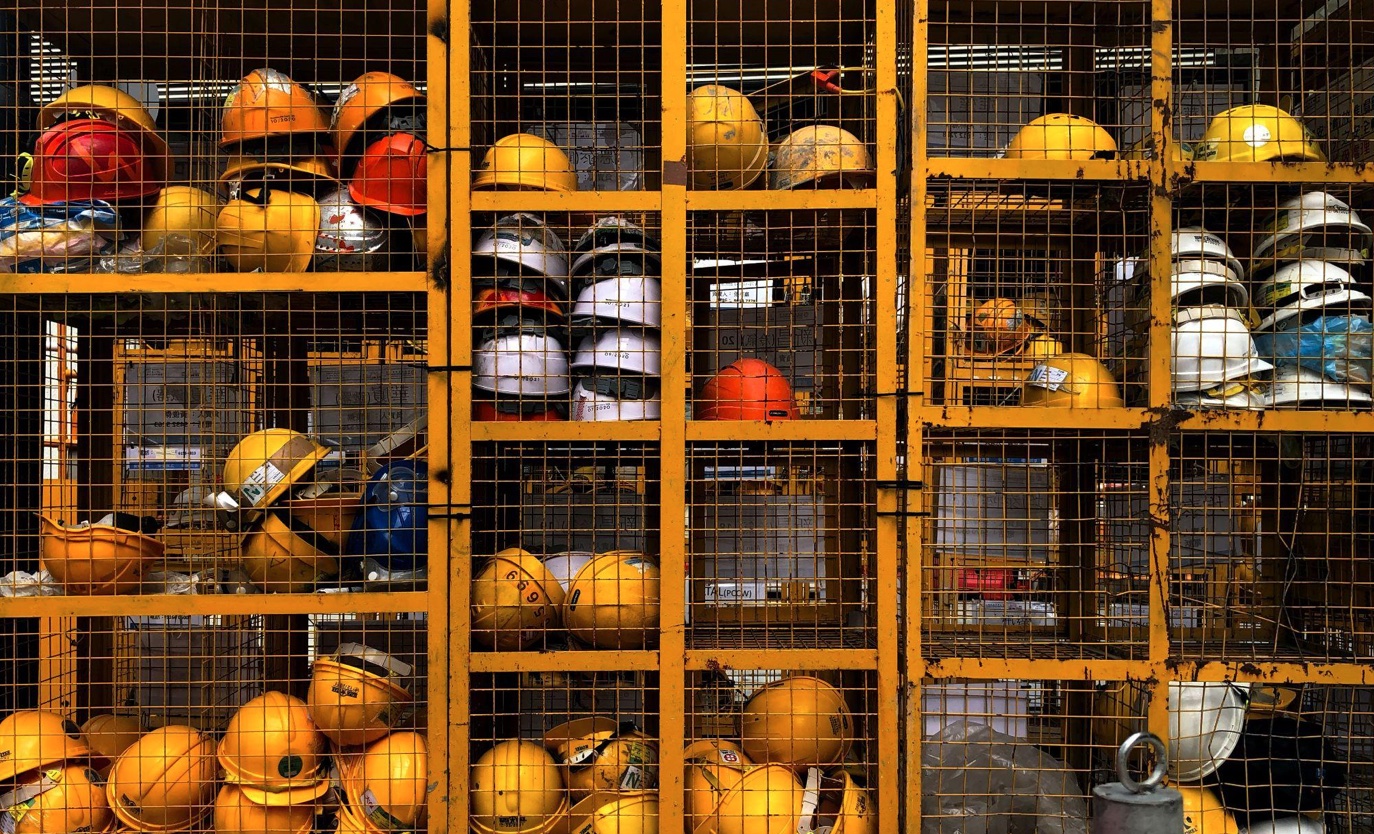Prioritizing accountability not only benefits individual workers but also contributes to a safer and more equitable working environment for all.
Workplace accidents are unfortunate occurrences that can have significant implications on employees’ lives. It is crucial to understand why holding employers accountable for these incidents is essential. This approach not only ensures fair treatment for injured workers but also promotes a safer working environment for everyone.
Ensuring Employee Safety
Accountability plays a pivotal role in maintaining high safety standards within workplaces. When employers are held responsible for workplace accidents, they are more likely to implement robust safety measures. This includes regular safety training, up-to-date equipment, and adherence to industry safety regulations. A culture of accountability encourages employers to prioritize employee well-being, thereby reducing the likelihood of accidents.
Promoting a Culture of Transparency
Transparency in workplace safety is vital for a healthy organizational culture. Holding employers accountable encourages openness about safety policies, potential hazards, and incident reporting procedures. This transparency fosters trust between employees and management, which is essential for building a cohesive and motivated workforce. Employees feel secure knowing their concerns are taken seriously and addressed promptly.
Legal and Financial Protection
Workplace accidents can lead to substantial financial burdens for injured employees. Medical bills, lost wages, and rehabilitation costs can quickly accumulate. Holding employers accountable ensures that affected workers receive the necessary financial compensation and support. This legal protection can be facilitated through the assistance of a work accident attorney, who specializes in navigating the complexities of workplace injury claims and securing rightful compensation for employees. Fortunately, companies such as Dwyer Law Group Pty Ltd offer these services.
Preventing Future Accidents

Holding employers accountable for workplace accidents has a preventative effect. The fear of legal repercussions and financial liabilities motivates employers to continuously improve safety protocols. This proactive approach helps in identifying potential hazards before they cause harm, fostering a safer work environment. Employers are more likely to invest in regular safety audits, employee training programs, and state-of-the-art safety equipment, all of which contribute to accident prevention.
Upholding Ethical Standards
Employers have an ethical obligation to provide a safe working environment. Ensuring accountability for workplace accidents underscores the importance of ethical business practices. It reinforces the idea that employees’ health and safety should never be compromised for the sake of productivity or profit. By holding employers to high ethical standards, society promotes a more just and humane approach to business operations.
Final Thoughts
Workplace accidents can have severe and lasting impacts on employees and their families. Holding employers accountable is essential for fostering a safe, transparent, and ethical workplace. It ensures that injured workers receive the necessary support and compensation, prevents future incidents, and upholds high standards of corporate responsibility. Engaging a work accident attorney can provide the expertise needed to navigate these complexities and advocate for the rights of injured employees. Prioritizing accountability not only benefits individual workers but also contributes to a safer and more equitable working environment for all.


Join the conversation!